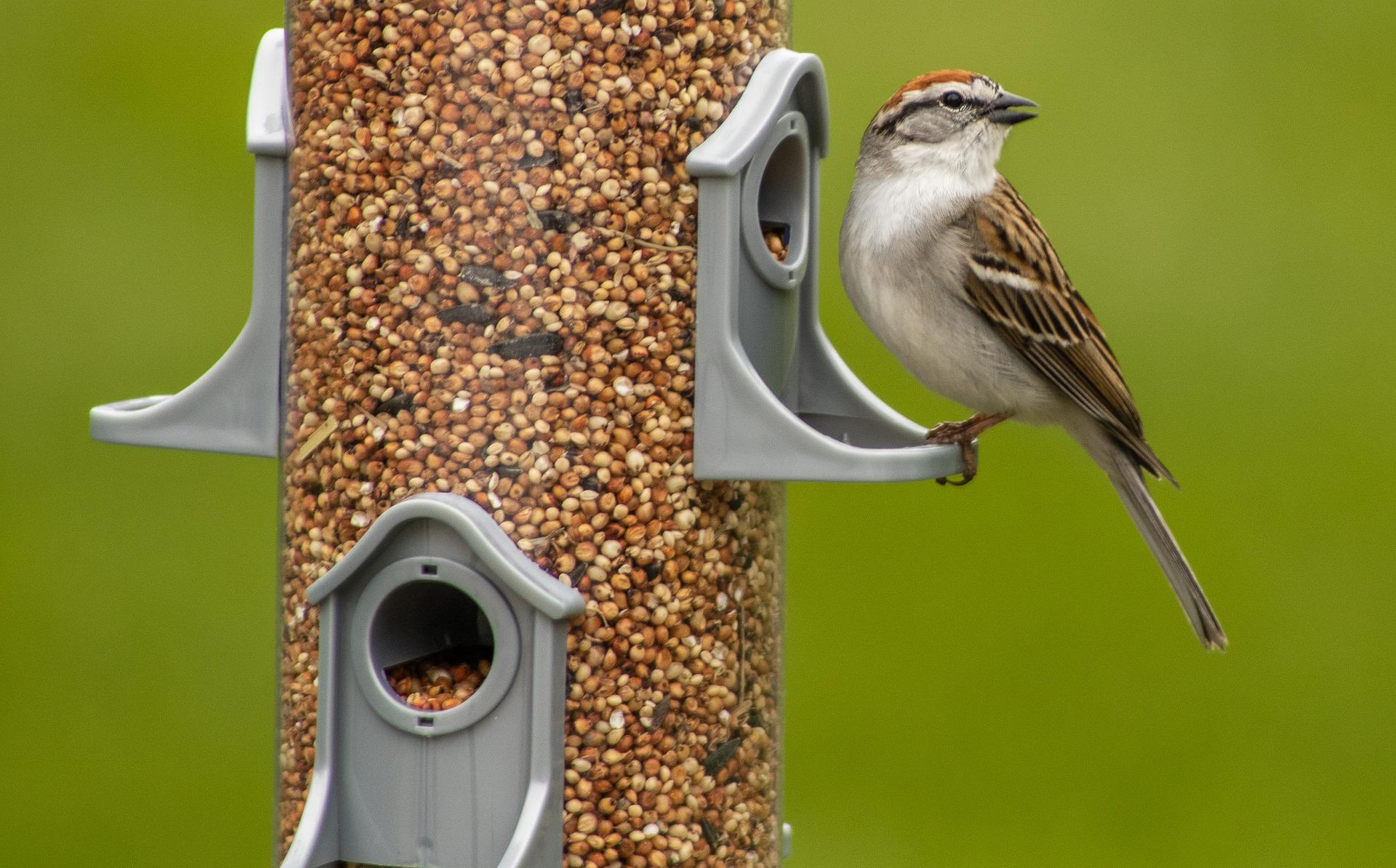The BC SPCA is asking the public to help prevent the spread of avian influenza (HPAI) by temporarily removing bird feeders and baths.
According to SPCA officials, the disease has been rapidly spreading across the country, with cases detected in B.C.
They note that waterfowl, such as ducks and geese, and raptors, like owls, hawks and eagles, are at the highest risk, but the virus can also infect all bird species.
Wild birds play a significant role in spreading the illness, and humans placing bird feeders and baths pose a problem in that respect.
“Bird feeders facilitate the spread of the disease by encouraging unnatural congregations of birds and attracting other wildlife including predators and rodents,” said SPCA officials. “Fallen seed is also an especially bad source of disease: when birds feed from the ground, they are also exposed to droppings that accumulate below a feeder. The presence of bird feeders and baths can also increase the risk of transmitting the virus between nearby animals like backyard chickens or turkeys.”
According to SPCA staff, hummingbird feeders do pose a risk, although it is significantly lower than normal bird feeders because they are species-specific. However, it is recommended to regularly change the nectar and clean the feeder to prevent fungal outbreaks.
Avian influenza is shed by infected birds through their droppings and respiratory secretions. SPCA officials said the virus is very resilient and can live in the environment and continue to infect other birds for several months.
BC SPCA officials said the H5N1 strain is considered highly pathogenic, causing severe illness and death in birds.
On rare occasions, the virus can be spread to humans who have close contact with infected birds or heavily contaminated areas.
The public can help curb this illness by removing bird feeders, emptying bird baths and reporting any sick birds you may see.
“Sick birds may appear lethargic, unusually ‘fluffed up,’ have nasal discharge, or have excessively watery eyes or swelling of the head and eyelids,” said the BC SPCA.
Sick or dead wild birds can be reported to the Canadian Wildlife Health Cooperative at 1-800-567-2033.
If you see a dead bird, you are asked not to bring it to a wildlife rehabilitation centre or a veterinary clinic, as they cannot test for the disease.







